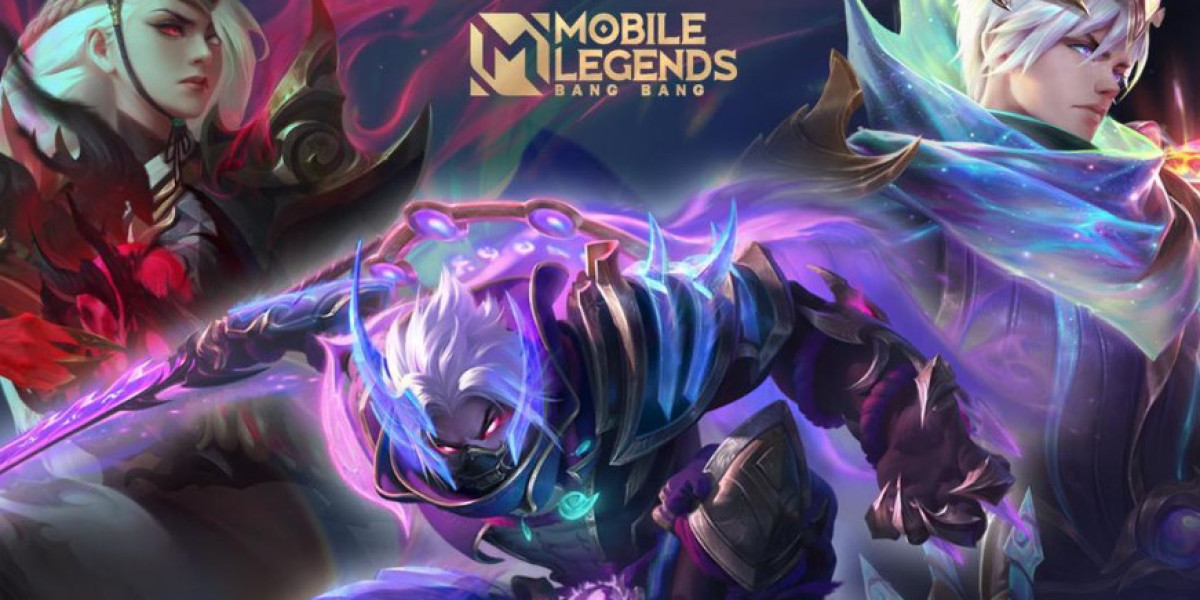Mobile Legends: Bang Bang, developed by Moonton, is one of the most successful mobile MOBA (Multiplayer Online Battle Arena) games in the world. While it is incredibly popular in Southeast Asia, its presence in Japan is more recent and growing steadily. Traditionally, Japan’s mobile gaming scene has been dominated by local titles like Puzzle & Dragons, Monster Strike, and Fate/Grand Order, but Mobile Legends is starting to carve out its own space in the competitive Japanese market.
Growing Interest in MOBA Genre
In Japan, the MOBA genre is less popular compared to RPGs and gacha games. However, with the global rise of competitive mobile esports and the increasing interest in team-based online games, Mobile Legends has begun to attract a new generation of Japanese players who are curious about the genre. Its fast-paced gameplay, team coordination, and competitive nature appeal to gamers looking for something more action-oriented than typical turn-based titles.
Localization and Accessibility
One of the key reasons for Mobile Legends’ growing popularity in Japan is Moonton’s effort to localize the game. The game is available in Japanese, with translated text, voiceovers, and culturally appropriate events. This makes it more accessible and enjoyable for local players who prefer games in their native language. In addition, Mobile Legends runs smoothly on most mobile devices, which is important in a country where mobile gaming is the dominant platform.
Esports and Community Development
Esports is gaining traction in Japan, and Mobile Legends is part of this trend. While still smaller than in countries like Indonesia or the Philippines, Japanese players and teams are beginning to participate in regional tournaments. Moonton has hosted online events, local influencer collaborations, and community campaigns to help the game grow in Japan. These efforts are gradually building a loyal fanbase.
The Road Ahead
Though Mobile Legends still faces competition from more established Japanese mobile games, its growing esports presence, localization efforts, and rising player interest suggest a positive future in Japan. As more Japanese gamers explore global mobile titles and engage with international communities, Mobile Legends has the potential to become a popular alternative in the competitive gaming scene.
Mobile Legends may not yet be a mainstream hit in Japan, but its consistent growth and community support indicate that it could become a strong contender in the country's evolving mobile gaming landscape.
Visit too : JILI








